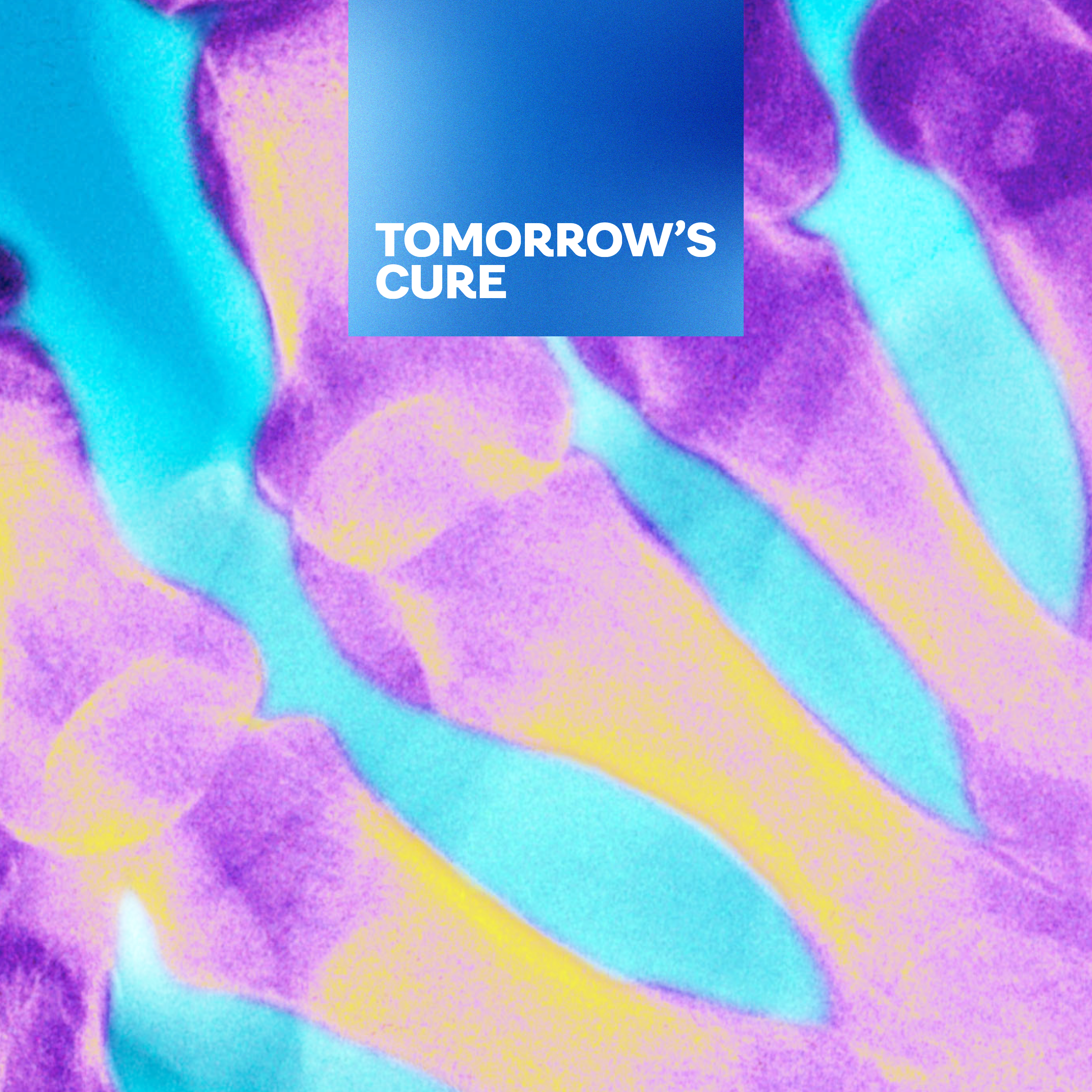Life has changed dramatically since March, when communities began enacting stay-at-home orders to help slow the spread of the virus that causes COVID-19. As many restaurants and bars closed, at-home alcohol sales went up, according to data compiled by Nielsen.
Dr. Victor Karpyak, a Mayo Clinic psychiatrist and addiction researcher, says using alcohol to celebrate or relieve stress is an age-old human trait, but overusing alcohol as a coping mechanism during these difficult times has consequences.
Journalists: Broadcast-quality video (0:59) is in the downloads at the end of this post. Please courtesy "Victor Karpyak, M.D./ Psychiatry/ Mayo Clinic." Read the script.
If you are closing your computer at the end of a work day and reaching for the liquor cabinet, chances are you're not alone.
How much is too much though?
Current recommendations are no more than 14 drinks per week and no more than four drinks per occasion for men, and, for women, no more than seven drinks per week and no more than three drinks per occasion.
"If it becomes three or four drinks today and it is again three or four drinks tomorrow, then very easily we start to hit above the weeklong threshold, and this is what needs to be an alarming sign," says Dr. Karpyak.
An escalating pattern of drinking may be a potential sign of alcohol abuse and development of addiction, which affects relationships as well as the body.
"There is no organ or system which is not impacted by chronic and significant alcohol use."
Alcohol-related liver disease is perhaps the most familiar problem, along with acute and chronic pancreatic disease and heart-related damage.
"And, as a psychiatrist, I can tell you that there is a lot of negative impact that long-term significant alcohol use has on brain tissue."
Next time you want to reach for a cold one, consider reaching out to a friend to help ease the stress of the day.
Information in this post was accurate at the time of its posting. Due to the fluid nature of the COVID-19 pandemic, scientific understanding, along with guidelines and recommendations, may have changed since the original publication date.
Check the CDC website for additional updates on COVID-19. For more information and all your COVID-19 coverage, go to the Mayo Clinic News Network and mayoclinic.org.







